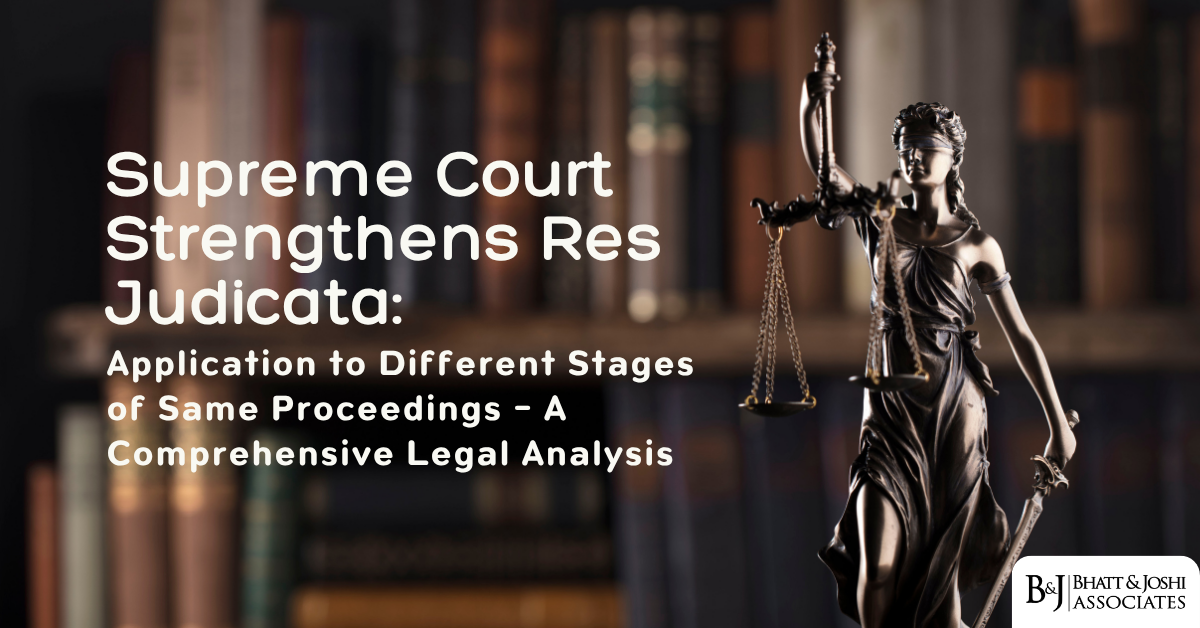EXEMPTIONS FROM CUSTOMS DUTY
What is Custom Duty?
Customs Duty is the tax imposed on imports and exports of goods. The Government of India uses this duty to raise its revenues and regulate movement of goods across international borders. Custom duty in India is defined under the Customs Act, 1962. All matters related to custom duty fall under the Central Board of Excise & Customs (CBEC).
Section 25 (1) of the Customs Act, 1962 reads as follows:
- Power to grant exemption from duty: (1) If the Central Government is satisfied that it is necessary in the public interest so to do, it may, by notification in the Official Gazette, exempt generally either absolutely or subject to such conditions (to be fulfilled before or after clearance) as may be specified in the notification goods of any specified description from the whole or any part of duty of customs leviable thereon.

POLICY GUIDELINES FOR AD HOC EXEMPTIONS FROM CUSTOM DUTY UNDER SECTION 25(2)
In supersession of the Office Memorandum dated 8th October, 1996, the finance minister has approved the following guidelines for consideration of request for exemption from customs duty under Section 25(2) of the Customs Act, 1962 as amended by the Finance Act, 1999:
(a) Imports of secret goods by Government.
(b) Imports for India’s defence needs relating only to military hardware and software or for R&D units under the DRDO may be allowed free of duty.
(c) Imports by Central Policy Organisation for equipping their forces may be allowed free of duty.
(d) State Police Organisations may be allowed to import free of duty equipment required for antisubversion, anti-terrorism and intelligence work.
(e) Imports by Charitable Institutions which are providing all their services free where the imports are required for use in hospitals, educational institutions, etc., may be allowed free of duty.
- All ad hoc exemptions from duty to non-governmental organisations will be issued subject to the conditions that the imported goods will not be put to any commercial use and will not be sold, gifted or parted by the importer in any manner without the prior permission of the Ministry of Finance. The imported goods will be kept available for inspection by Customs Officers.
- Import of goods which are not covered in any of the categories mentioned in para 1 will not be considered for grant of ad hoc exemptions under Section 25(2) of the Customs Act, 1962.[1]
Recent development, exemption from customs duty
The Government has notified the exemption of Black Fungus Medicine ‘Amphotericin B’ from Customs Duty. In line with decisions taken in a high-level meeting taken by PM, Notification No. 28/2021-Customs dated April 24, 2021 issued exempting Customs duty on medical grade Oxygen, Oxygen related equipment and COVID-19 vaccines till July 31, 2021. The Central Government, on being satisfied that it is necessary in the public interest so to do, notified the amendments in the notification of the Government of India, in the Ministry of Finance (Department of Revenue), No. 28/2021-Customs, dated the 24th April, 2021 which inserts the word Amphotericin B in the Table, after S.No. 18.[2]
[1] https://www.icsi.edu/media/webmodules/customs%20laws/2016-ATLP-5.pdf
[2] Team, T. (2021, May 31). Govt. exempts Black Fungus Medicine ‘Amphotericin B’ From Customs Duty. Taxscan | Simplifying Tax Laws. https://www.taxscan.in/govt-exempts-black-fungus-medicine-amphotericin-b-from-customs-duty/116842/
Speak to our Customs Lawyer, for queries
Author: Vismita Rathi
Editor: Adv. Aditya Bhatt & Adv. Chandni Joshi













